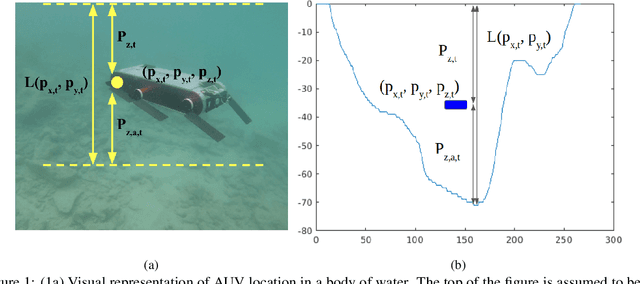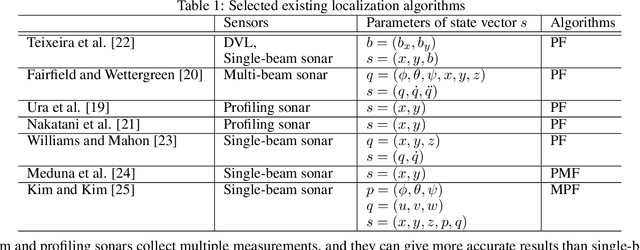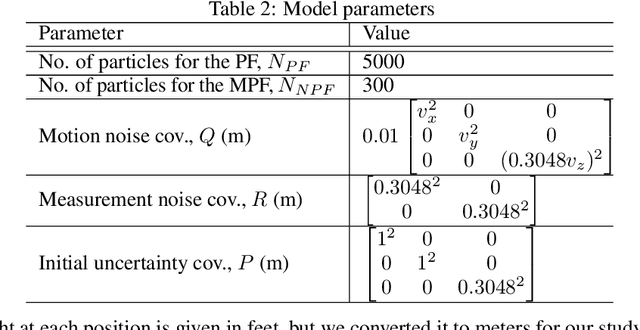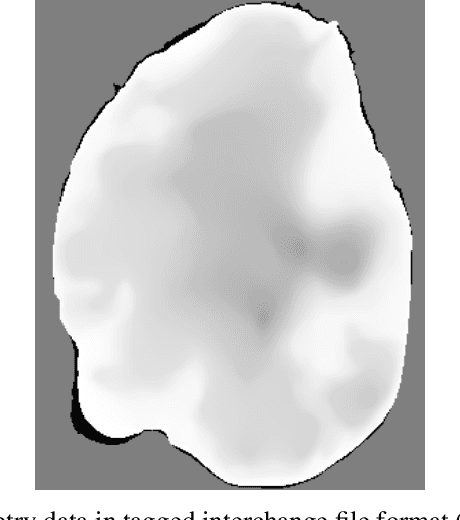An Evaluation of Bayesian Methods for Bathymetry-based Localization of Autonomous Underwater Robots
Paper and Code
Mar 26, 2019



This paper presents an evaluation of a number of probabilistic algorithms for localization of autonomous underwater vehicles (AUVs) using bathymetry data. The algorithms, based on the principles of the Bayes filter, work by fusing bathymetry information with depth and altitude data from an AUV. Four different Bayes filter-based algorithms are used to design the localization algorithms: the Extended Kalman Filter (EKF), Unscented Kalman Filter (UKF), Particle Filter (PF), and Marginalized Particle Filter (MPF). We evaluate the performance of these four Bayesian bathymetry-based AUV localization approaches under variable conditions and available computational resources. The localization algorithms overcome unique challenges of the underwater domain, including visual distortion and radio frequency (RF) signal attenuation, which often make landmark-based localization infeasible. Evaluation results on real-world bathymetric data show the effectiveness of each algorithm under a variety of conditions, with the MPF being the most accurate.
 Add to Chrome
Add to Chrome Add to Firefox
Add to Firefox Add to Edge
Add to Edge